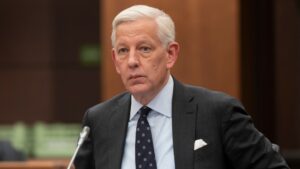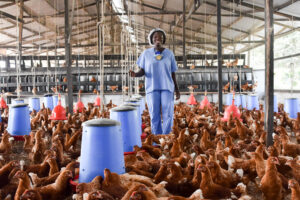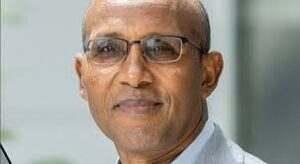Low rates of investment in the global mining sector have put the global energy transition at risk, widening the supply gap in critical minerals like copper, Rio Tinto, opens new tab, opens new tab chairman Dominic Barton said on Monday.
“The gap is humungous, and I am actually very worried about whether we will be able to close it,,” Barton said via video link at the Ecosperity conference in Singapore.
The global effort to slash climate-warming carbon dioxide emissions will depend on securing large supplies of minerals like copper, lithium and cobalt required to build electric vehicles, solar plants and wind farms.
The amount of metals required for each kilowatt of generation capacity has risen by 50% since 2010, and electric cars require six times more minerals than traditional combustion engine, according to the International Energy Agency.
Barton said the world isn’t just facing a shortage of minerals, but also a shortage of the capital required to dig new mines, which take far longer to develop than before.
“The mining industry has reduced its investments significantly since the 2015–2016 period … We’re hundreds of billions of dollars below what we need.”
He said the industry needed to build trust, and had not done a great job in persuading the public of the vital role it will play in a global decarbonisation project that could require more copper in the next 25 years than has ever before been produced.
He said the industry needed to do a better public relations job, adding that Rio itself had “caused our own problems” in 2020 after destroying rock shelters considered sacred by Aboriginal communities, a move Barton described as “terrible” and “embarrassing”.
Scott Clements, a partner at Tribeca Capital, said there were still enormous opportunities in the mining sector that could “generate phenomenal returns”.
“The challenge for the industry is to be seen as part of the solution and not part of the problem,” he told the conference on Monday.







